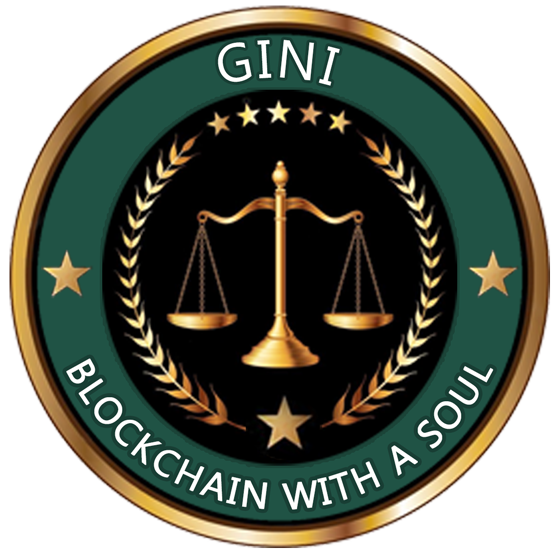How Can We Help?
Economic Liberalism vs. Political Liberalism
To avoid political and ideological confusion and to ensure that our analysis remains as objective and politically neutral as possible in the articles and books I write, it’s important to understand that the adjective “neoliberal” is primarily an economic classification, not a political classification. Thus, the “new economic liberalism” (“Neoliberalism”) that began to dominate global trade in the early 1980s should not be confused with the deceptively-similar-in-name-only concept of modern American political “Liberalism,” which has existed since the beginning of the 20th Century.
The Nursery of Political Liberalism is War & Poverty. American political Liberalism since the early 1900s is typically associated with ideologies and theories that promote relatively more generous social welfare policies, as compared to corresponding conservative policies. In fact, political Liberalism was a worldwide populist and cultural response to the devastation of World War I, the Great Depression, and World War II. That relatively rapid series of humanitarian catastrophes made it politically impossible for politicians in any democratic country to ignore the deep economic suffering of 100s of millions of humans worldwide. This was the socioeconomic environment in which FDR’s New Deal policies and the modern welfare states of Europe were born.
Social Welfare Programs vs. Violent Revolution. Regardless of their ideological orientation, most serious students of political history know that it was politically impossible for FDR and his European and Asian counterparts to avoid implementing large-scale social welfare programs. This is because it was socially and economically improbable for large national populations to organize themselves efficiently, peacefully, and effectively around cohesive national economic and labor policies that would prevent further war and destruction to human civilization. Thus, government intervention into various economic markets was perceived as the lesser of all evils in nearly all countries around the world, even by most free-market-oriented observers.
Neoliberalism vs. Political Liberalism. The politically liberal theories associated with most social welfare programs technically and philosophically have nothing to do with the neoliberal economic theories (and their corporate welfare programs) that have dominated the global trade policies emanating from Washington and London since the 1980s. In fact, many neoliberal economic theories lead to socioeconomic outcomes that are completely opposite to the outcomes that political liberals seek to accomplish with their social welfare programs. For example, the bank bailouts that neoliberals often seek cause governments to de-fund social welfare programs that political liberals often seek.
All Humans Are Affected & Afflicted by Bias. Why is this distinction between “economic liberalism” and “political liberalism” important to understand? Because every human is affected and afflicted by conscious and unconscious biases, which often impairs their ability to accurately understand and implement effective economic policies. When confusing terminology is added to pre-existing biases, it becomes easy for people to dismiss entire fields of scholarship simply because they incorrectly assume “liberal economics” means “liberal social welfare programs”; or, they might incorrectly assume that “neoliberal” is a pejorative codeword for politically liberal social and/or economic policies. Thus, clarifying this inherently confusing terminology up-front is critical if we want to rationally and fairly evaluate the merits of the economic theories, models, and policies that the U.S. and U.K. Governments have used since the early 1980s to promote, regulate, and dominate international trade.
Did You Like This Resource?
Gini is doing important work that no other organization is willing or able to do. Please support us by joining the Gini Newsletter below to be alerted about important Gini news and events and follow Gini on Twitter.

